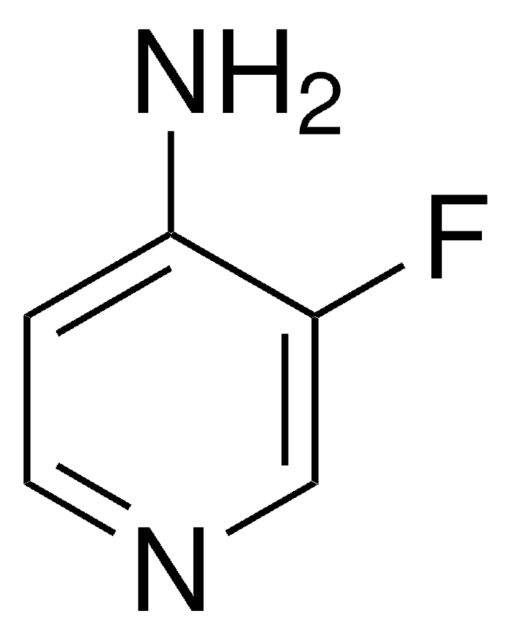791571
Isopropyl p-toluenesulfonate
97%
Synonym(s):
Isopropyl p-tosylate
Sign Into View Organizational & Contract Pricing
All Photos(2)
About This Item
Recommended Products
Quality Level
Assay
97%
form
liquid
refractive index
n20/D 1.503
density
1.142 g/mL at 25 °C
storage temp.
2-8°C
InChI
1S/C10H14O3S/c1-8(2)14(11,12)13-10-6-4-9(3)5-7-10/h4-8H,1-3H3
InChI key
MUTOLSSCMLECRU-UHFFFAOYSA-N
Application
Isopropyl p-toluenesulfonate can be used as a reactant:
- For the alkylation of amines in the presence of triethylamine.
- For the O-alkylation of cyclic thiohydroxamic acids in the presence of tetrabutylammonium hydroxide.
- To synthesize 3-methyl-2-phenyl-1-butanol by reacting with styrene in the presence of bromo(2-cyclohexylethyl)magnesium and zirconocene dichloride.
Signal Word
Warning
Hazard Statements
Precautionary Statements
Hazard Classifications
Eye Irrit. 2 - Skin Irrit. 2 - STOT SE 3
Target Organs
Respiratory system
Storage Class Code
10 - Combustible liquids
WGK
WGK 3
Flash Point(F)
Not applicable
Flash Point(C)
Not applicable
Choose from one of the most recent versions:
Certificates of Analysis (COA)
Lot/Batch Number
Don't see the Right Version?
If you require a particular version, you can look up a specific certificate by the Lot or Batch number.
Already Own This Product?
Find documentation for the products that you have recently purchased in the Document Library.
Customers Also Viewed
Design, Synthesis and Antimicrobial Evaluation of Novel Tricyclic Benzoxazine Fluoroquinolones under Conventional and Microwave Methods
Guruswamy B, et al.
Journal of Heterocyclic Chemistry, 52, 532-538 (2015)
J de Armas et al.
Organic letters, 3(13), 2097-2100 (2001-06-22)
[reaction: see structure] The first examples of efficient electrophilic Zr-catalyzed carbomagnesations are disclosed, where in contrast to previous catalytic carbomagnesations the alkyl moiety of the electrophile is transferred (vs that of the Grignard reagent). The identity of the Grignard reagent
B Y P Tay et al.
International journal of cosmetic science, 38(6), 627-633 (2016-05-14)
Isopropyl p-toluenesulfonate (IPTS) is a potentially genotoxic by-product formed during the esterification of palm oil-based palmitic and palm kernel oil-based myristic acid with isopropanol to produce isopropyl palmitate or isopropyl myristate. There are no methods described for the analysis of
Spin trapping of alkoxyl radicals generated from 5-methyl and 5-aryl-3-alkoxy-4-methylthiazole-2 (3H)-thiones in photochemically induced and microwave-initiated reactions
Gross A, et al.
Tetrahedron, 64, 10882-10889 (2008)
Satsuki Chikura et al.
Mutation research, 811, 110-116 (2016-12-10)
As part of a collaborative study in the Mammalian Mutagenicity Study group of the Japanese Environmental Mutagen Society, we evaluated the in vivo mutagenicity of isopropyl p-toluenesulfonate (IPTS) using a peripheral blood Pig-a assay in rats. Pig-a mutant frequency (MF)
Our team of scientists has experience in all areas of research including Life Science, Material Science, Chemical Synthesis, Chromatography, Analytical and many others.
Contact Technical Service












